What are liquidity pools?
Last updated

Table of Contents
The importance of liquidity pools
The fundamental building block of any financial market is an exchange - a place where buyers and sellers meet to make a market. In traditional finance this has always necessitated a trusted third party to intermediate the trade. The crypto industry revolutionized this dynamic by removing the need of the trusted middle man with the introduction of decentralized exchanges (DEXs). Unfortunately, DEXs (and crypto in general) had a fatal liquidity problem.
Deep liquidity is one of the most important attributes for any financial market because it enables fast and efficient financial transactions. Early DEXs were so illiquid as to be practically unusable. Liquidity pools helped change this. Soon after the advent of liquidity pools, DEXs began to flourish and with them the entire DeFi ecosystem exploded.
Liquidity pools are not only useful in DEXs. They add liquidity to almost every DApp in DeFi. Lending protocols, yield farming, prediction markets, insurance, and more all use liquidity pools to make financial actions smoother.
How do liquidity pools work?
There are two important considerations to how liquidity pools work: 1) the technical details of depositing cryptoassets into a pool and 2) the psychological aspect of getting people to deposit their assets.
The technical details can vary from project to project, but generally follow the same pattern. A smart contract accepts certain cryptoasset deposits. The restrictions of what is accepted and in what ratio may differ. For example, most DEX liquidity pools represent trading pairs, which means depositing into the pool requires an equal value amount of the two cryptoassets that make up the pair. The VERSE-WETH pool requires VERSE and WETH in equal value based on the DEX’s current market price.
Upon depositing into the pool, funds may or may not be locked for a set period of time. The smart contract mints and sends you a token that is a kind of receipt. This token is used to realize any outstanding rewards from your position, and to withdraw your deposited cryptoassets. The ratio of the returned cryptoassets might be different from when you started.
As for getting people to participate in liquidity pools, this has been an age old challenge. Traditional financial institutions such as banks attract liquidity by giving rewards (interest) on deposits, although interest rates on bank deposits have been quite low for a long time. Liquidity pools offer yield in the form of fee sharing.
What are liquidity pools used for?
DEX: Most DEXs use an automatic market maker (AMM) model as opposed to centralized exchanges which use an order book model. An order book matches buyers and sellers directly to each other. AMMs match buyers and sellers to a liquidity pool. Liquidity providers are paid a proportional share of the fees generated when people trade the assets in a given liquidity pool.
Lending: In traditional finance, banks or other large financial institutions take people’s deposits, lend them out, and collect interest from the loans. In DeFi, you deposit your assets into a liquidity pool and people can borrow from the pool. Depositors earn a portion of the interest paid by borrowers. The difference is that since banks are in a highly privileged position they take most of the interest earned from loans, while the much more competitive DeFi protocols take a much smaller percentage.
Prediction market: People that add to a liquidity pool earn a percentage of each trade, proportionate to their ownership of the liquidity pool. Prediction market liquidity pool positions need be entered and exited carefully as they can be very volatile.
Insurance: People can deposit funds in a liquidity pool that will be used to pay out insurance claims in the unfortunate case of negative events like loss of funds due to smart contract flaws or insolvent exchanges. Liquidity providers earn a portion of the insurance fees.
The benefits and risks of liquidity pools
There are two main benefits to using liquidity pools, one financial and the other societal. The main financial benefit is, of course, that you earn rewards by holding your cryptoassets in a liquidity pool. The societal good is that liquidity providers help to create more economic freedom in the world. How? DeFi needs liquidity. Making DeFi DApps more liquid makes DeFi more of a viable alternative to the centralized financial system. A decentralized alternative to centralized finance brings more economic freedom to everyone, but especially to developing markets or repressive regimes.
Depositing your cryptoassets into a liquidity pool comes with risks. The most common risks are from DApp developers, smart contracts, and market volatility. DApp developers could steal deposited assets or squander them. Smart contracts might have flaws or exploits that lock or allow funds to be stolen. Market volatility can cause something called impermanent loss, which largely affects DEX liquidity pools.
The best way to mitigate yield farming risks is to research projects before you deposit anything, and to stick with projects with a long track record.
Learn more about crypto risks, fraud and scams.
Related guides
Start from here →
What is Verse?
Learn about Bitcoin.com’s official token, ways to earn it, and how to use it in the Bitcoin.com ecosystem and beyond.

What is Verse?
Learn about Bitcoin.com’s official token, ways to earn it, and how to use it in the Bitcoin.com ecosystem and beyond.

How do I buy VERSE?
Learn how to get Bitcoin.com’s ecosystem token VERSE in the Bitcoin.com Wallet app, via Bitcoin.com’s decentralized exchange Verse DEX, and more.

How do I buy VERSE?
Learn how to get Bitcoin.com’s ecosystem token VERSE in the Bitcoin.com Wallet app, via Bitcoin.com’s decentralized exchange Verse DEX, and more.

How do I sell VERSE?
Learn how to trade Bitcoin.com’s ecosystem token VERSE in the Bitcoin.com Wallet, via Bitcoin.com’s decentralized exchange Verse DEX, and more.

How do I sell VERSE?
Learn how to trade Bitcoin.com’s ecosystem token VERSE in the Bitcoin.com Wallet, via Bitcoin.com’s decentralized exchange Verse DEX, and more.

What is Verse DEX?
Learn about Bitcoin.com’s official decentralized exchange and how to use it to trade and to earn.

What is Verse DEX?
Learn about Bitcoin.com’s official decentralized exchange and how to use it to trade and to earn.
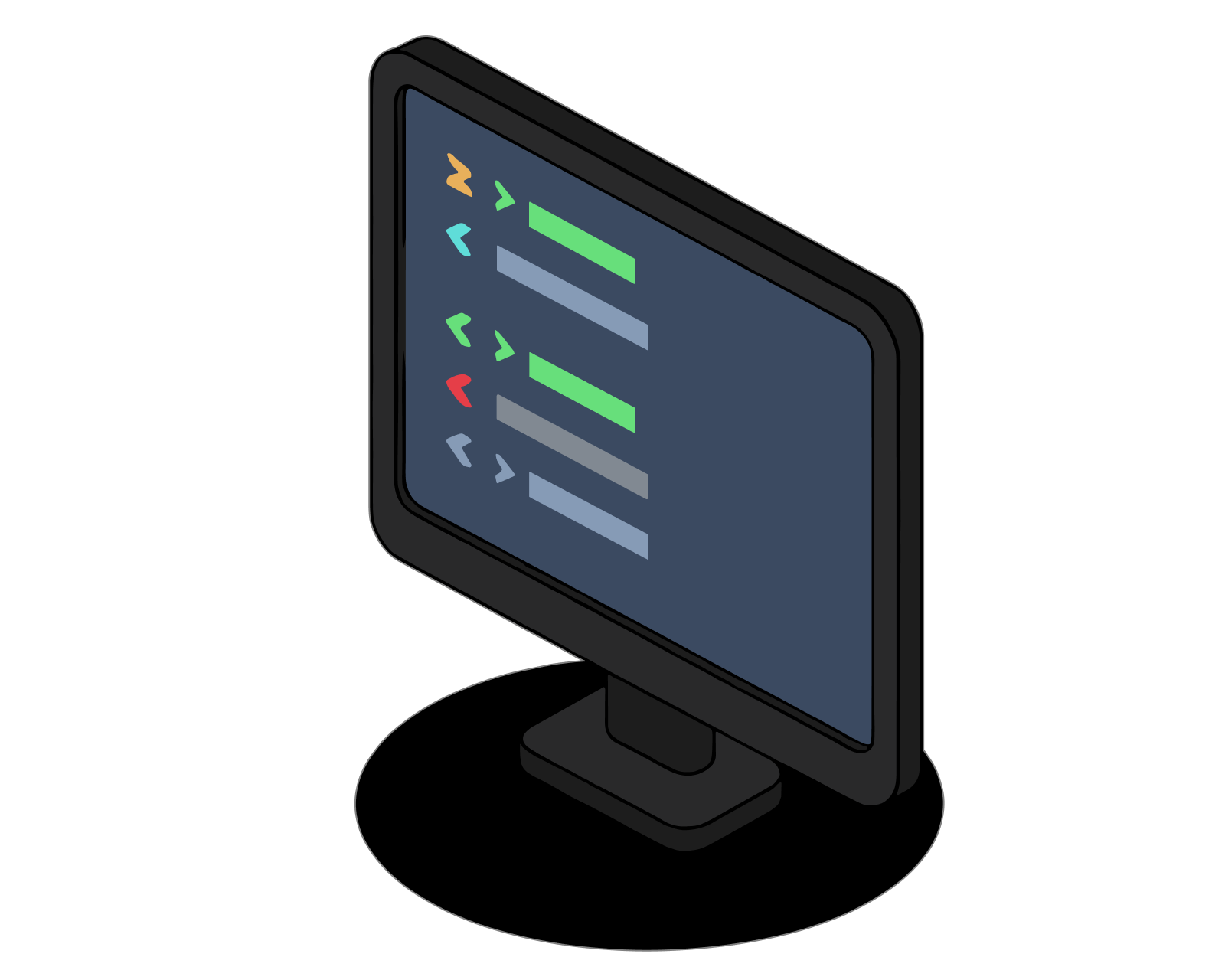
What is a Decentralized Exchange (DEX)?
A decentralized exchange (DEX) is a type of exchange that specializes in peer-to-peer transactions of cryptocurrencies and digital assets. Unlike centralized exchanges (CEXs), DEXs do not require a trusted third party, or intermediary, to facilitate the exchange of cryptoassets.

What is a Decentralized Exchange (DEX)?
A decentralized exchange (DEX) is a type of exchange that specializes in peer-to-peer transactions of cryptocurrencies and digital assets. Unlike centralized exchanges (CEXs), DEXs do not require a trusted third party, or intermediary, to facilitate the exchange of cryptoassets.
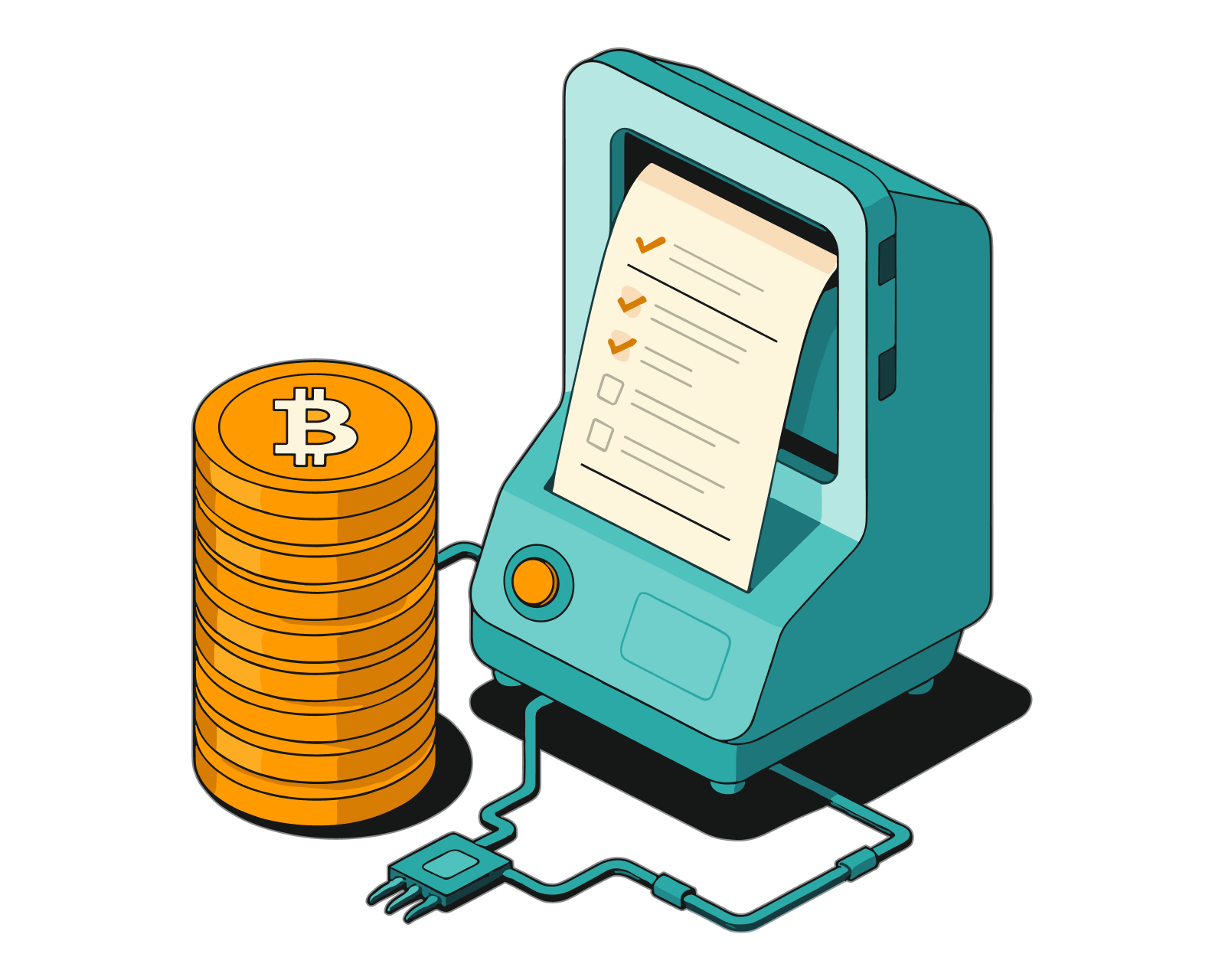
What is yield farming?
Learn what yield farming is, how it works, different types, and more.

What is yield farming?
Learn what yield farming is, how it works, different types, and more.

What is Ethereum?
Understand Ethereum's key characteristics.

What is Ethereum?
Understand Ethereum's key characteristics.
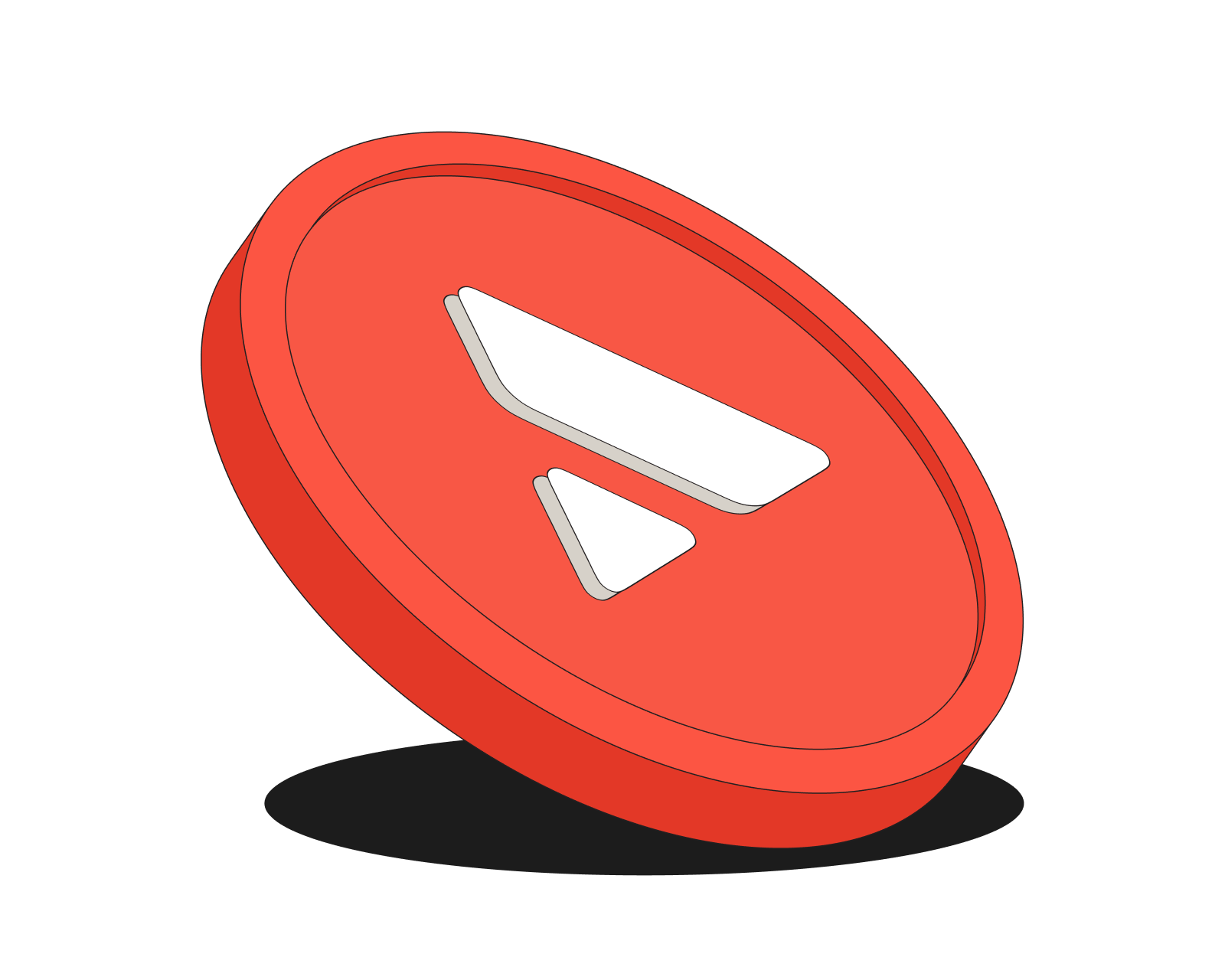
What is Avalanche?
Understand Avalanche's key characteristics.

What is Avalanche?
Understand Avalanche's key characteristics.

What is Polygon? POL Token and Polygon 2.0
Discover Polygon’s evolution, from Matic Network to Polygon 2.0, and how the POL token powers a growing ecosystem of ZK-powered Ethereum Layer 2s.

What is Polygon? POL Token and Polygon 2.0
Discover Polygon’s evolution, from Matic Network to Polygon 2.0, and how the POL token powers a growing ecosystem of ZK-powered Ethereum Layer 2s.
STAY AHEAD IN CRYPTO
Stay ahead in crypto with our weekly newsletter delivering the insights that matter most
Weekly crypto news, curated for you
Actionable insights and educational tips
Updates on products fueling economic freedom
No spam. Unsubscribe anytime.
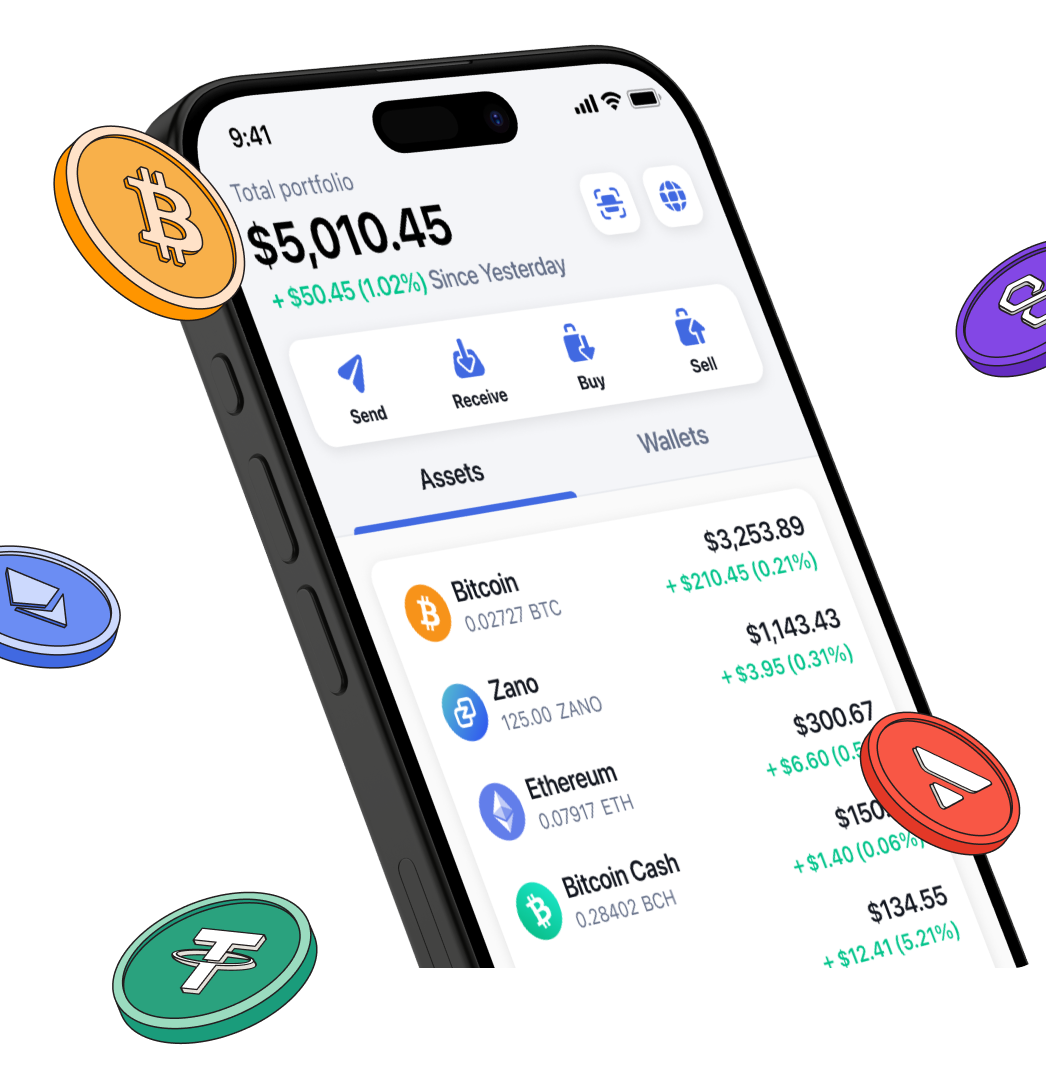
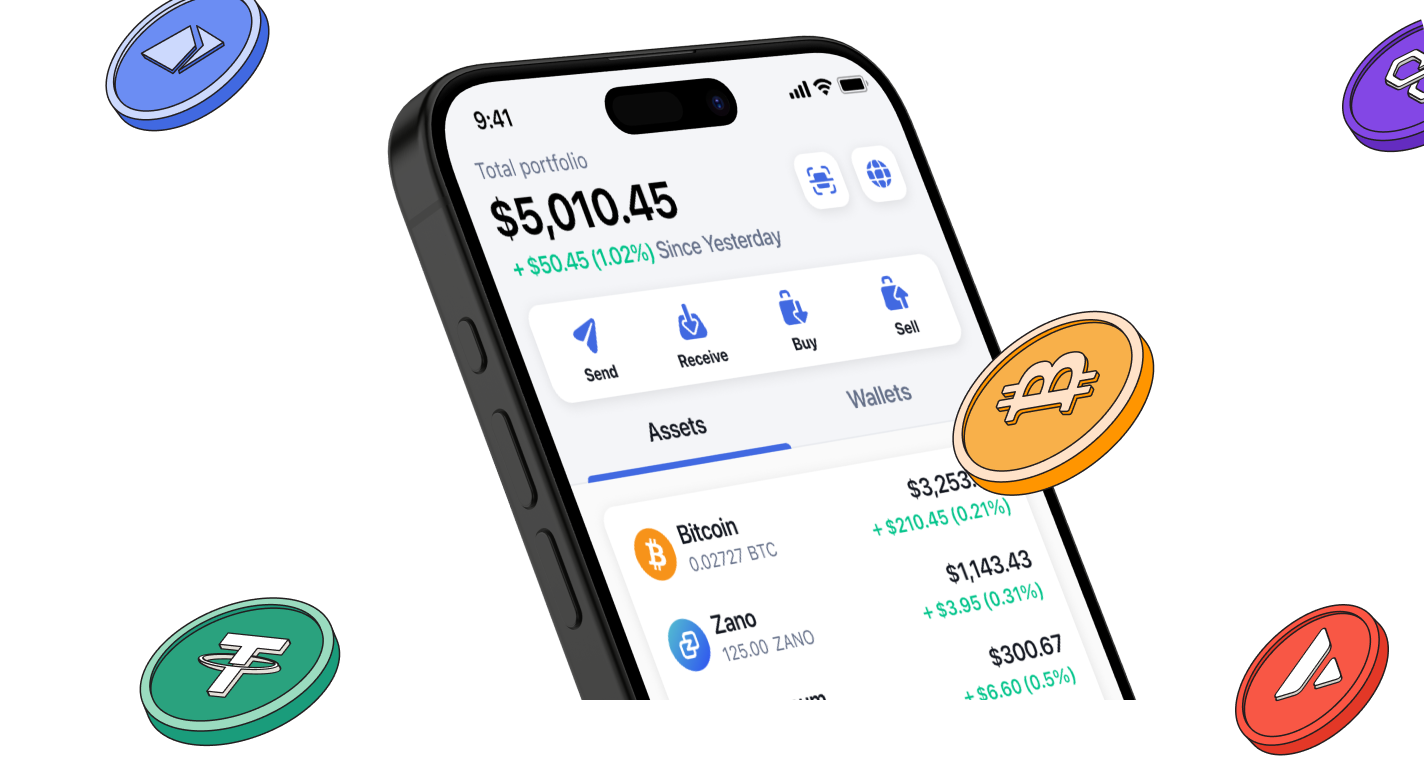
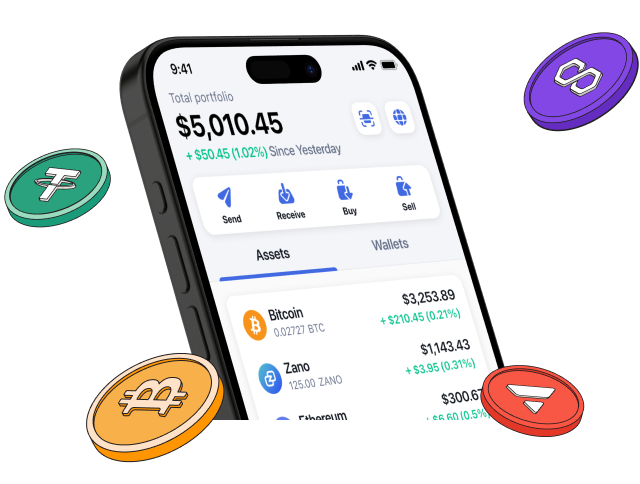
Start investing safely with the Bitcoin.com Wallet
Over wallets created so far
Everything you need to buy, sell, trade, and invest your Bitcoin and cryptocurrency securely

© 2026 Saint Bitts LLC Bitcoin.com. All rights reserved




